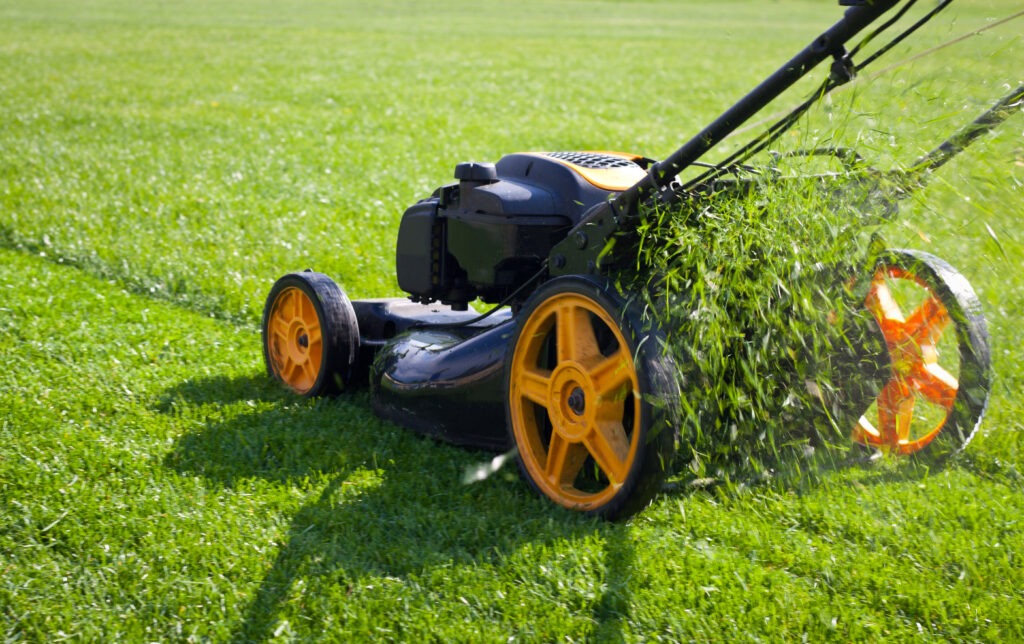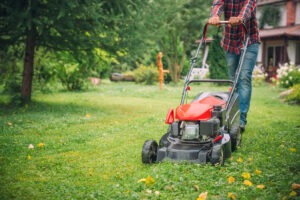What's Your Lawn Style?
What's Your Lawn Style?
Learn the best way to care for your lawn—in under 5 minutes!
The best lawn care practices allow you to avoid using unnecessary chemicals on your lawn. Lawn care chemicals aren’t safe for pets and children playing on the grass. Plus, what we put on our lawns ends up in our rivers—and pesticides and fertilizers are toxic when they get into our water supply.
That’s why we’re excited to share these lawn care tips that will help you maintain your turf—without the harm! Depending on the time you're willing to put in (and the amount of weeds you can tolerate!) we have low, medium, or high maintenance videos for you to watch.

Go low, medium, or high—you decide!
Lawn and Grass Resources
More Lawn Tips
- Upright weed pulling tools make removing broadleaf weeds a snap! Just overseed and water the bare spot
- Drought-tolerant lawn alternatives are best in arid regions
Installing or Renovating a Lawn?
See the Practical Lawn Establishment and Renovation PDF.
Conserving Water
Water-wise Gardening in Central Oregon
Medford Water Commission Lanscaping and Irrigation Resources
OSU Lawn Watering Guide for Eastern Oregon
Pollinator Friendly Lawn Care


